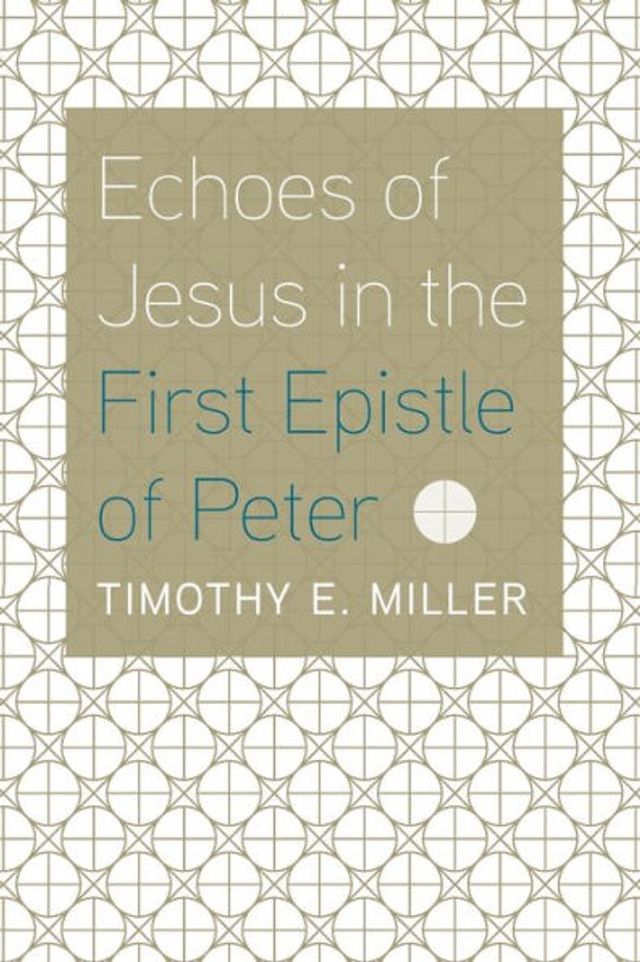Home
A Comprehensive quiz on the Epistles of St. Peter



A Comprehensive quiz on the Epistles of St. Peter
Current price: $29.25
Loading Inventory...
Size: OS
Peter. It is the Greek form of the name, which the Lord Jesus himself had given to the great apostle; first, by anticipation, in the spirit of prophecy (John 1:42); and again when the prophecy was already in a measure fulfilled, and Simon was proving himself to be indeed a stone, built upon the Rock of Ages, which is Christ (Mathew 16:18). It was his Christian name; he must have prized that name as the gift of Christ, reminding him always, of his confession and of the Savior's promise, urging him to maintain throughout life that rock-like steadfastness which was indeed characteristic of him, but in which he had more than once very sadly failed. The use of the Greek form seems to indicate that the Epistle was originally written in Greek, and gives some slight support to the view that it was addressed to Gentile converts as well as to Hebrew Christians. An apostle of Jesus Christ. He does not add any assertion of the truth of his apostleship, as St. Paul often does; his apostolic dignity had not been questioned; the false brethren, who so often disputed the authority of St. Paul, had never assailed St. Peter. He does not join other names with his own in the address, though he mentions at the close of his Epistle Marcus-probably the John Mark who accompanied St. Paul in his first missionary journey-and Silvanus-probably the Silas of the Acts of the Apostles, and the Silvanus whom St. Paul associates with himself in addressing the Church of the Thessalonians. He describes himself as "an apostle of Jesus Christ." All Christians who knew the gospel history knew that St. Peter was one of the first-called apostles, one of the three who were nearest to the Lord, one who had received the apostolic commission in a marked and special manner direct from Christ. But he calls himself simply an apostle, not the prince of the apostles; he claims no superiority over the rest of the apostolic college. The impulsive forwardness which had once been the prominent defect in his noble character had passed away; he had learned that difficult lesson which the Lord had impressed upon the apostles when he set the little child among them as their example; he was now, in his own words, "clothed with humility."


















